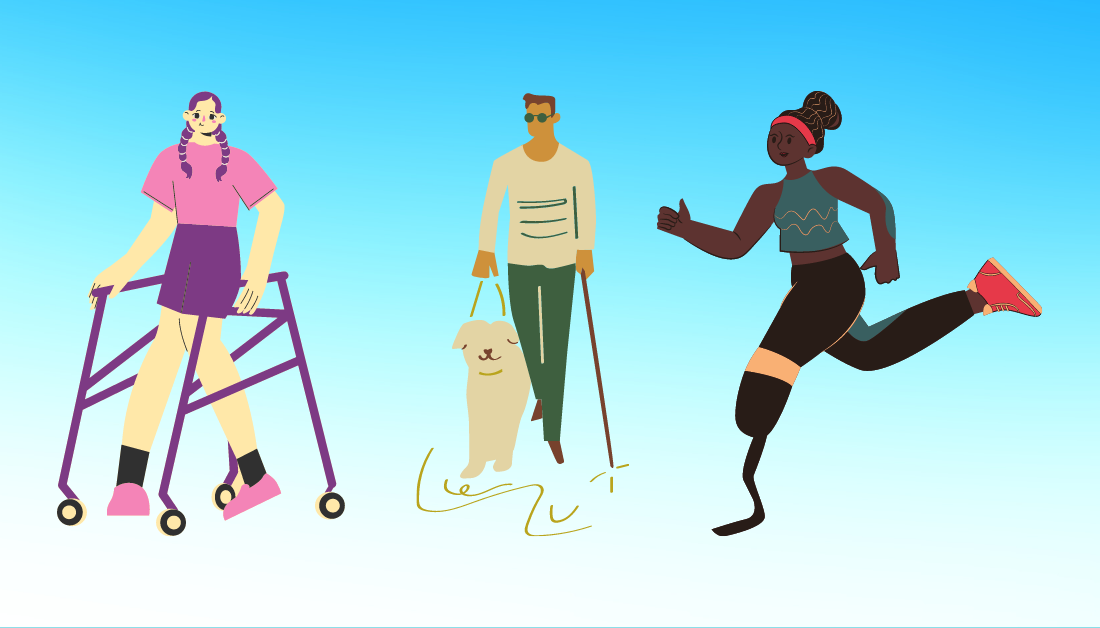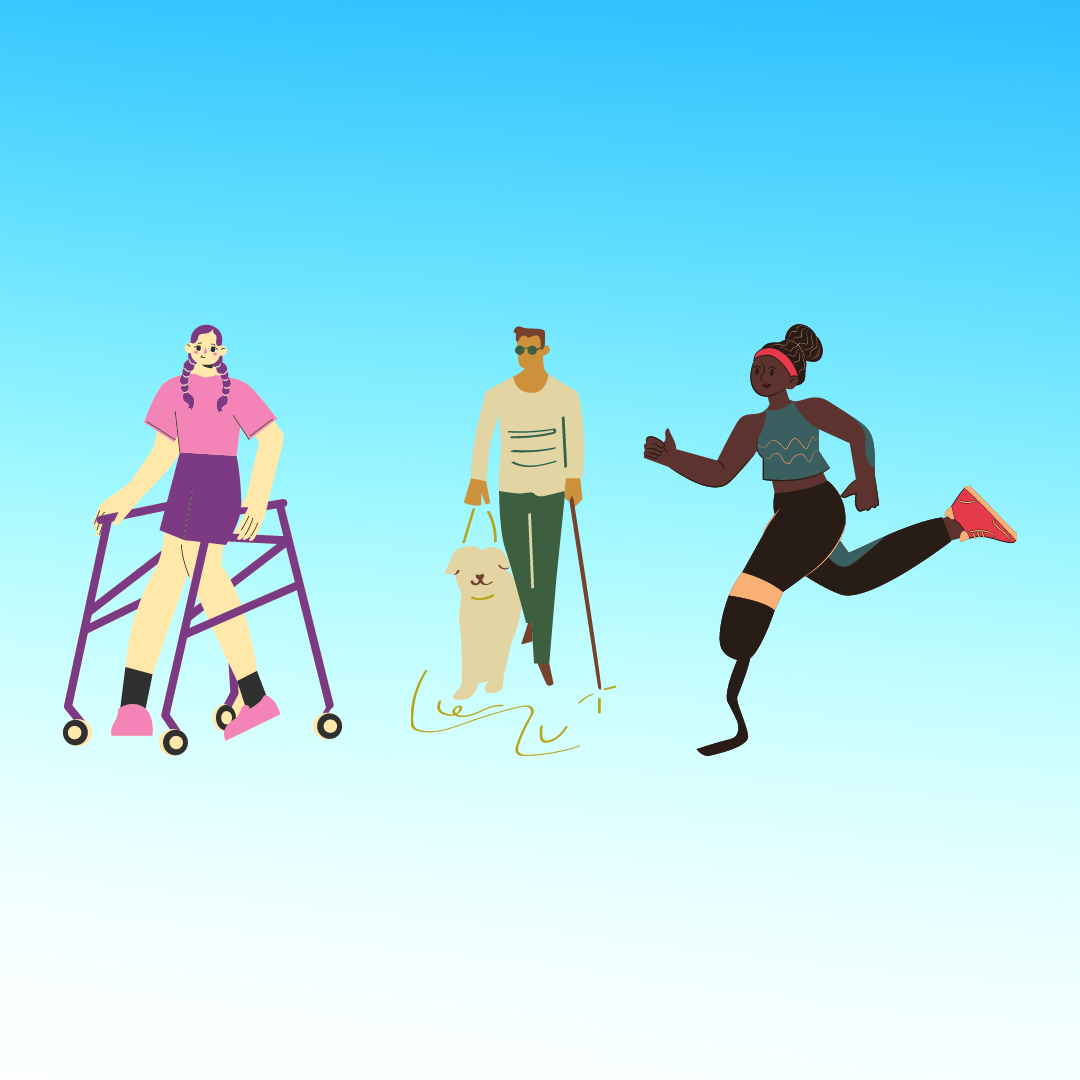 I think it’s important to use language with intention and care. I think language reflects reality, but I also think language can shape reality. For me, the shift from calling Penny a “Down syndrome baby” to a “baby with Down syndrome,” was a reflection of a shift in my thinking about who counted as fully human. And yet I usually avoid the word “ableism,” which the dictionary defines as “discrimination in favor of able-bodied people.”
I think it’s important to use language with intention and care. I think language reflects reality, but I also think language can shape reality. For me, the shift from calling Penny a “Down syndrome baby” to a “baby with Down syndrome,” was a reflection of a shift in my thinking about who counted as fully human. And yet I usually avoid the word “ableism,” which the dictionary defines as “discrimination in favor of able-bodied people.”
Here are three reasons why:
1. “Ableism” alienates people who don’t know what the word means.
Words like “ableism” and “ability culture” can easily become a way to identify who is “in” and “out.” Using different language to explain the concept of ableism welcomes more people into the conversation, and ultimately into advocacy for the rights of people with disabilities.
2. “Ableism” alienates people who will stop listening as soon as a politically correct term enters the conversation.
While there are certainly many people who are dismissive of the concept of ableism, there are others who have an automatic negative reaction to the “politically correct” terms but not to the concepts behind them. If I can use language to convey the concept without using words that trigger automatic rejection, I will.
3. “Ableism” is a linguistic shortcut.
If I force myself to speak and write without using the word “ableism” while explaining and offering examples of the concept, then I am sharpening my own understanding of it while also inviting other people into conversation.
In sum, I want the language I use to build bridges rather than erect barriers. I want to champion the common humanity of people across social divides so that we can celebrate diversity instead of feeling threatened by it.
Learn more with Amy Julia:
- Book: A Good and Perfect Gift
- Missing Out on Beautiful: Growing Up With a Child With Down Syndrome {Paperback}
- Learning Science as a Teen in High School With an Intellectual Disability
If you haven’t already, you can subscribe to receive regular updates and news. You can also follow me on Facebook, Instagram, Twitter, Pinterest, YouTube, and Goodreads, and you can subscribe to my Love Is Stronger Than Fear podcast on your favorite podcast platforms.



